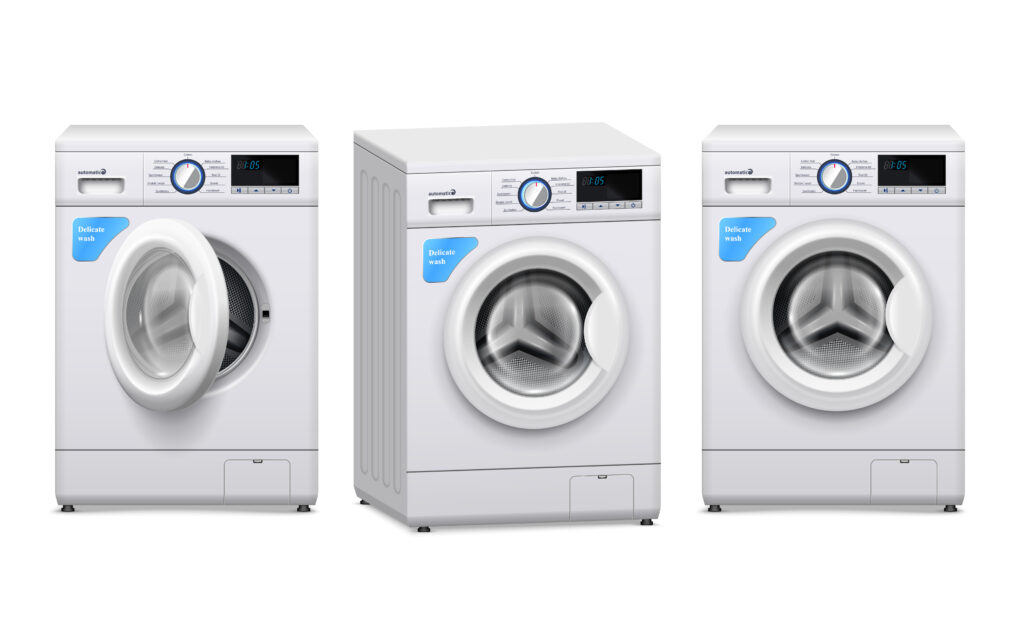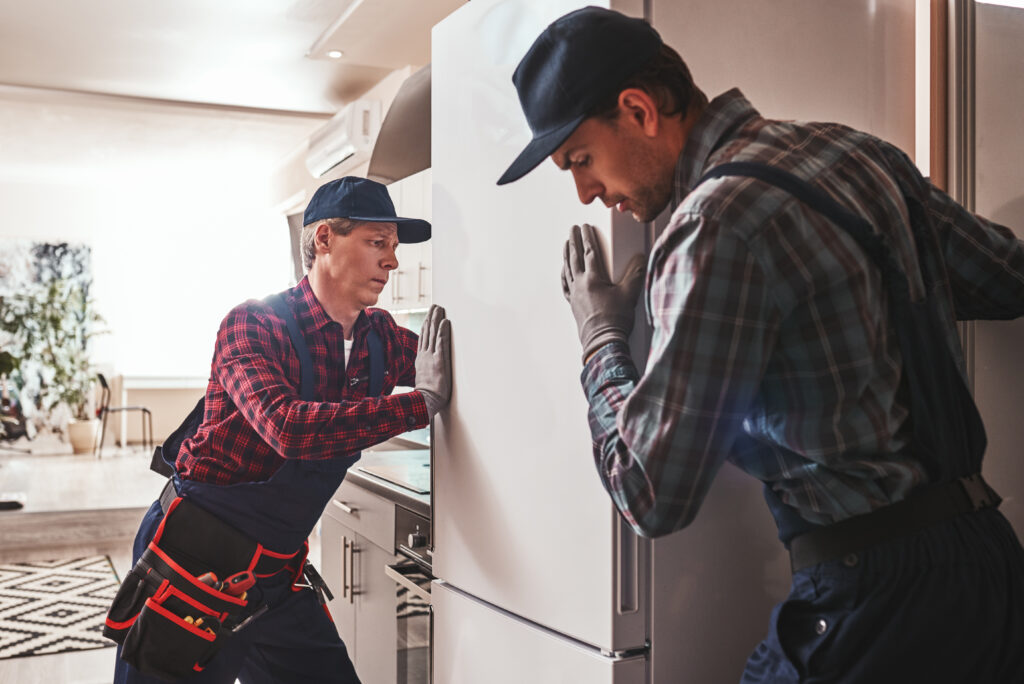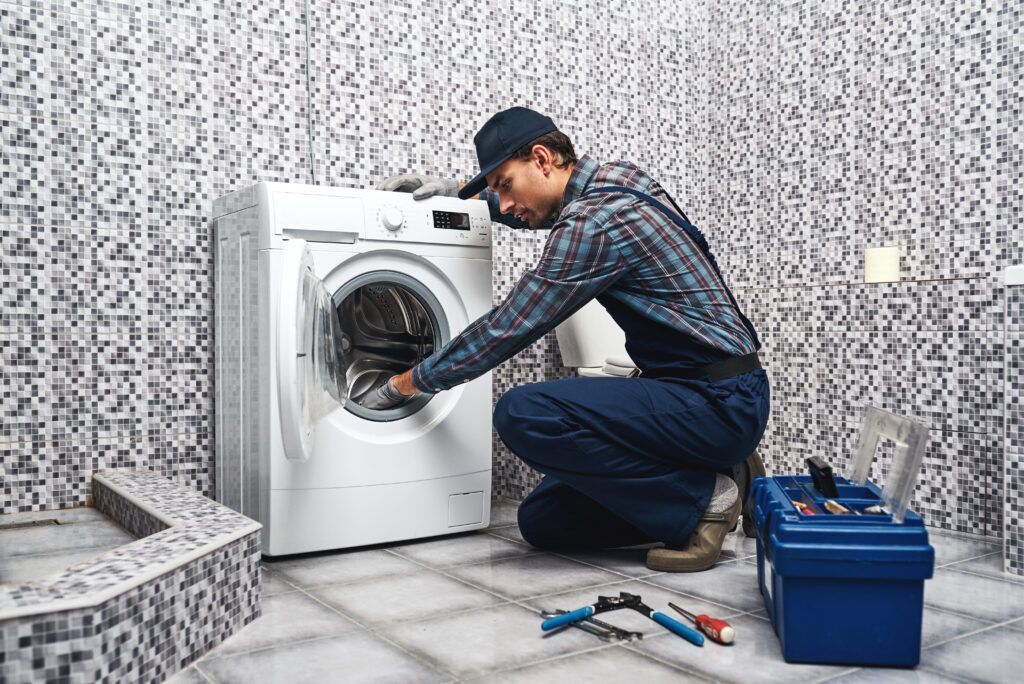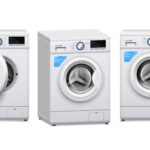Why is My LG Refrigerator Not Cooling? (Step-by-Step Troubleshooting Guide)
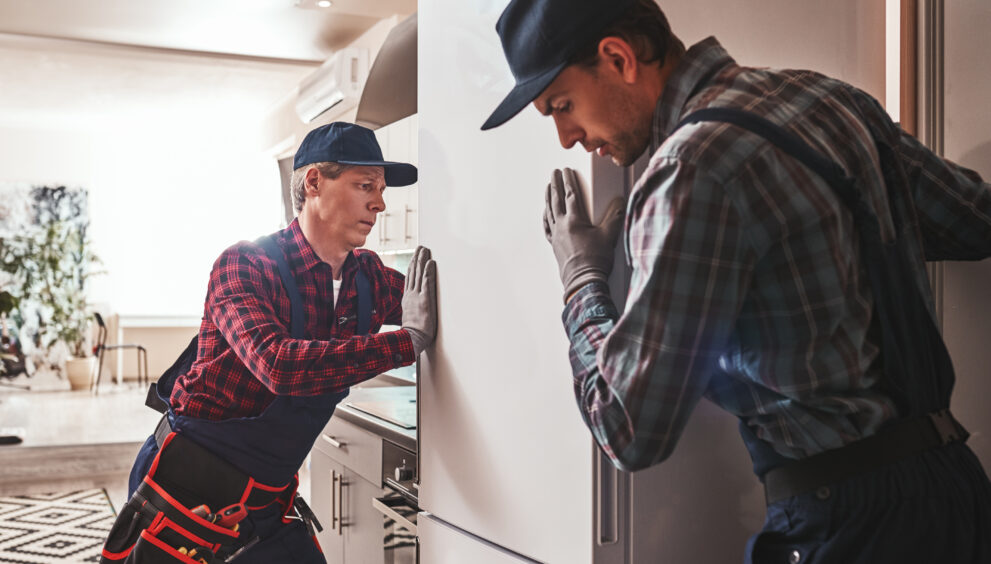
When your LG refrigerator stops cooling properly, it can lead to food spoilage and potential health risks. This comprehensive guide will walk you through the most common reasons why your LG refrigerator might not be cooling and provide actionable solutions to fix the problem yourself or determine when professional help is needed.
Common Causes and Solutions
1. Dirty Condenser Coils
Symptoms:
- Refrigerator feels warm to the touch
- Noticeable increase in energy consumption
- Loud operating noises
Solution:
- Unplug the refrigerator from power
- Locate the condenser coils (typically at the back or bottom front)
- Use a coil cleaning brush or vacuum with brush attachment to remove dust and debris
- Plug the unit back in and monitor cooling performance over the next 24 hours
2. Faulty Thermostat
Symptoms:
- Inconsistent temperature regulation
- Freezer works but refrigerator section doesn’t cool
- Temperature display shows incorrect readings
Solution:
- Test the thermostat by turning it to the coldest setting
- Listen for an audible click indicating proper function
- If no response, consider replacing the thermostat (professional installation recommended)
3. Blocked Air Vents
Symptoms:
- Freezer section cold but refrigerator warm
- Uneven cooling throughout compartments
Solution:
- Remove all items blocking the air vents between compartments
- Rearrange food to allow proper air circulation
- Check for ice buildup that might obstruct airflow
4. Malfunctioning Evaporator Fan
Symptoms:
- Complete lack of cold air circulation
- Unusual noises coming from freezer section
Solution:
- Open freezer door and listen for fan operation
- If silent, the fan motor may need replacement
- Professional service recommended for this repair
5. Defective Start Relay
Symptoms:
- Refrigerator completely non-functional
- Clicking sounds near the compressor
Solution:
- Unplug the refrigerator
- Locate the start relay near the compressor
- Test by shaking – if it rattles, replacement is needed
6. Refrigerant Leak
Symptoms:
- Gradual loss of cooling performance
- Possible hissing sounds
Solution:
Refrigerant handling requires EPA certification. Contact a licensed appliance repair technician immediately if you suspect a leak.
7. Compressor Failure
Symptoms:
- Complete lack of cooling
- No operational sounds from compressor
Solution:
Compressor replacement is complex and should only be performed by qualified technicians.
When to Call a Professional
If troubleshooting doesn’t resolve the cooling issue, or if you encounter any of the following, contact LG Service Center Pakistan:
- Electrical components needing replacement
- Refrigerant system issues
- Compressor problems
Preventive Maintenance Tips
- Clean condenser coils every 6 months
- Maintain proper temperature settings (37-40°F for fridge, 0°F for freezer)
- Ensure adequate ventilation around the unit
- Regularly check and replace door seals if worn
Frequently Asked Questions
Q: Why is my LG fridge warm but freezer cold?
A: This typically indicates blocked vents or a faulty damper control.
Q: How often should I service my LG refrigerator?
A: Annual professional maintenance is recommended for optimal performance.
Q: Can I fix refrigerant leaks myself?
A: No, refrigerant handling requires certified professionals.
Conclusion
Many LG refrigerator cooling issues can be resolved with basic troubleshooting, but complex repairs should always be handled by qualified technicians. For reliable service in Pakistan, contact LG Service Center Pakistan for professional appliance repair.
Call to Action
If your LG refrigerator still isn’t cooling properly after trying these solutions, schedule a professional repair service with our certified technicians today.


